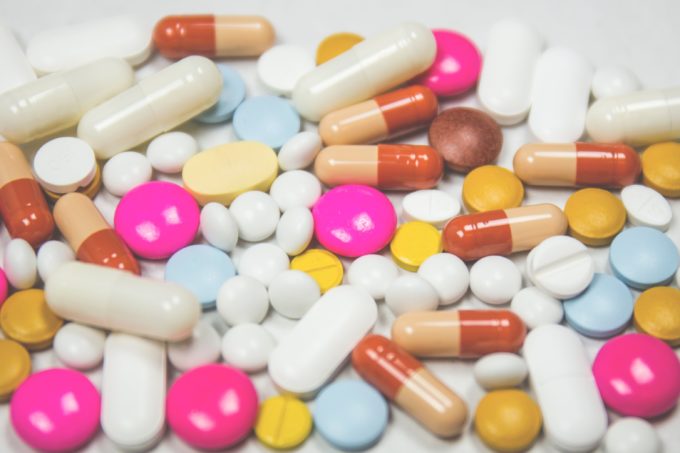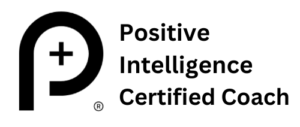
Two weeks ago, I was in a cotton hospital gown, rubber-soled socks on my feet, an IV inserted into the top of my hand ready to receive anesthesia. The surgeon arrived with his Sharpie pen and marked on my belly where he would make the two-inch incision to repair two hernias in my abdominal wall.
“What should I expect in terms of pain afterwards?” I asked him.
“It depends on the person. I’ll give you a prescription for pain medication,” he said. “I don’t know about you, but I don’t like to experience any pain,” he said.
Hm. That used to be me, I thought.
I begged for epidurals during childbirth. And after my mastectomy in 2009, I was so happy with the guidance I received to “stay ahead of the pain” that I ended up alternating Percoset and Vicoden every couple of hours. Somehow, despite two masters degrees between us, my husband and I both read the post-op instructions the same way (i.e. completely incorrectly). But it made sense since we’ve grown up in the United States’ “I don’t like to experience any pain” culture. I would have been a perfect extra in an opium den film scene.
It wasn’t long before I flipped from being fearful of pain to becoming disgusted with the total lack of pain I felt where the breast had been (all nerve endings had been removed). I could watch a needle go into the area and feel absolutely nothing. It was worse than pain. That was nine years ago.
Having immersed myself since then in the study and practice of mindfulness and the mind/body connection, the surgeon’s “I don’t like to experience any pain” remark caught my attention.
Taking Myself Off of Autopilot
His offhand comment inspired me to be watchful for autopilot responses to pain. When I woke up from surgery, I felt no pain at all. But I knew from experience that was because the anesthesia was still working. My husband had dutifully picked up the oxycodone prescription as instructed. But I would just wait and see.
I followed the doctor’s instructions to take an over-the-counter pain reliever the first night, then to see how it went. Yes, there was some pain, but it was manageable. More importantly, what I didn’t have was a big story around it, like “Pain is bad! All pain should be eliminated at any cost!”
Some pain would come in waves, depending on my body position, but then it would go away. Most fascinating was that I caught myself feeling good more often than I caught myself feeling bad.
Memories of my stoned post-mastectomy stupor bubbled up. I released them, reveling in my clarity of mind and sense of gratitude.
Over the first four days after my surgery, I took a total of two Aleves, one each the first two nights, and one Motrin the third night. Three over-the-counter pills total. I never even opened the stapled bag containing the bottle of oxycodone.
Pain Perception Under the Microscope
I continued to observe my body’s sensory experience in different scenarios. Yes, I rested and slept and even visualized my cells healing as often as I could. But I was also easily able to attend a previously scheduled author event just four days after the procedure.
The evening of the fifth day, I attended my book club. As I put on my coat to leave, I again took note of how little pain I felt (by this point with no meds at all). Then I stepped outside into the frigid night air.
As soon as the cold hit me, my whole body tensed up and my incision area HURT. Hmm…that’s interesting.
Once I was in my car and relaxed into the warmth (heated car seats = best invention ever!), the pain subsided. The experience confirmed what I had learned in a Mindfulness Based Stress Reduction (MBSR) course: pain is exacerbated when our body is tense. The quick body scan I did before starting the car released my tension and dissolved the pain around my incision.
So in a strange way, the past two weeks since my surgery have been sort of fun. More specifically, my ability to respond to pain skillfully rather than reactively, taking intentional delight in pain-free moments, has been transformative.
For a similar story involving a surgery more serious than mine, see After Surgery in Germany, I Wanted Vicodin, Not Herbal Tea by Firoozeh Dumas.
***
If you enjoyed today’s post and are not yet a subscriber, please join my Readers Circle via the sign-up box in the right margin and receive my free ebook Six Playfully Mindful Strategies to Beat Procrastination and Boost Productivity. You’ll also receive updates on my book Blooming into Mindfulness, blog posts, and photography, speaking engagement, and workshop news. Visit https://www.damselwingsphotography.com/ to sign up for special offers on my mindfulness-inspired artwork. Email is much more reliable than social media in getting information to you in a timely fashion, so subscribe to make sure you’re in the loop! (I promise not to share your address or send you spam.)
And if you know someone else who might benefit from an extra dose of calm in their lives, please spread the word! Social media likes and shares are always appreciated.
Finally, if you find typos anywhere on my site, I’d be grateful if you let me know. I hate typos! Contact me so that I can correct the error. Thank you!


